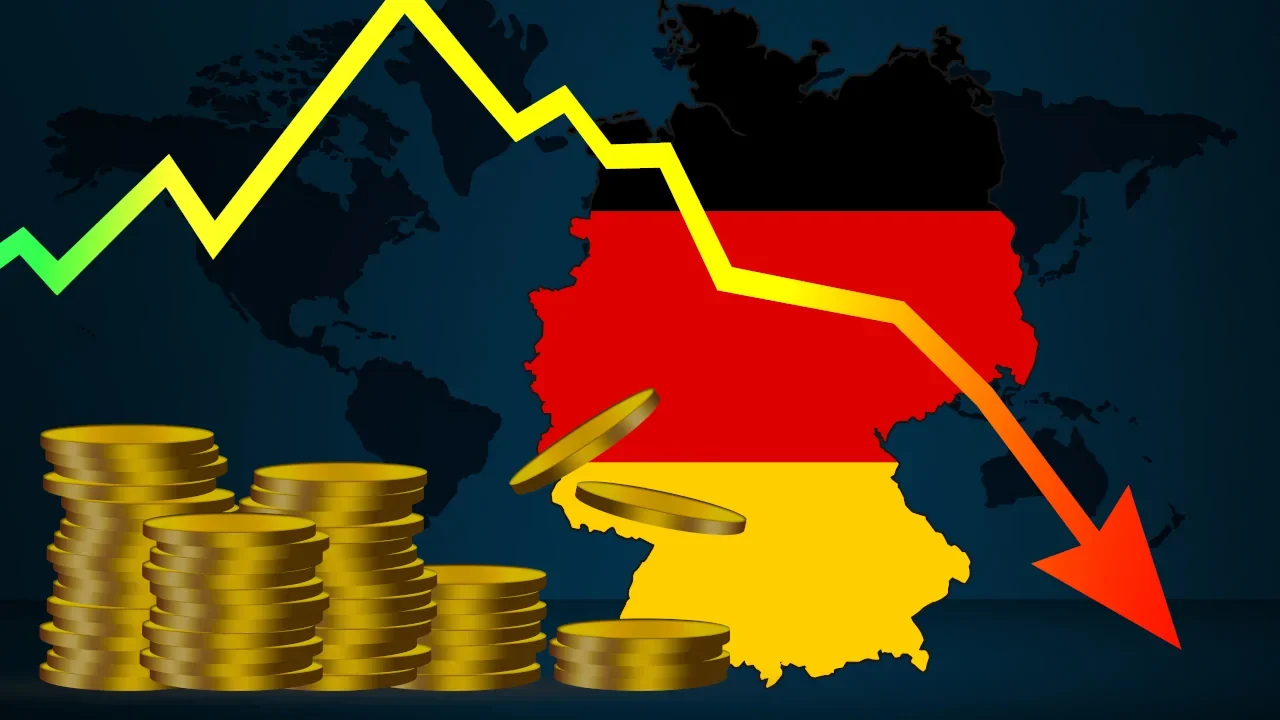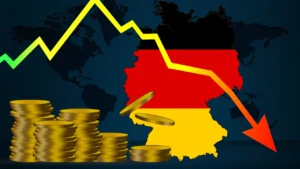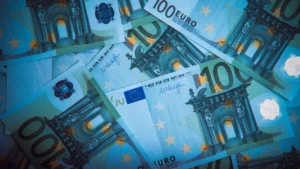
German Business Climate Dips, Indicating Looming Extended Recession
A successive drop in German business morale in June indicates an impending lengthier recession for Europe’s largest economy. The country’s struggle to recover is made evident by the Ifo institute’s business climate index, which declined from 91.5 in May to 88.5 this month.
Key Points:
- German business morale drops for the second month in a row, hinting at an extended recession.
- The Ifo’s business climate index fell to 88.5 in June, from 91.5 in May.
- Both business expectations and current business conditions experienced a decrease.
- Fears are growing of a continued contraction in Germany’s GDP in the second quarter.
Germany Grapples with Declining Business Morale
Europe’s largest economy, Germany, faces a challenging economic scenario with business morale witnessing a decline for the second month in a row. The Ifo Institute’s business climate index, a key indicator of business sentiment in the country, fell to 88.5 in June from 91.5 in May. This downturn, more severe than analysts’ predictions, has raised the possibility of a prolonged recession.
Economic Pressures on the Horizon
Several global economic factors are weighing on the German economy. The weaker than expected economic performance of China post its COVID-19 lockdowns, an impending U.S. recession, and continued monetary policy tightening are all affecting the sentiment of German companies. The optimistic outlook seen at the start of the year appears to be gradually giving way to a sobering reality.
Business expectations and current conditions both experienced a dip. With a fall in domestic demand and weakened expectations from exporters, the German economy faces the grim prospect of an extended recession, as per Klaus Wohlrabe, head of Ifo surveys. He further raised concerns about a possible contraction in Germany’s GDP in the second quarter.
Contrasting Views from Bundesbank
However, the Bundesbank provided a contrasting perspective in its monthly report. It predicted the recession in Germany would end in spring, with a slight increase in GDP in the second quarter. They attribute this to stabilizing real disposable incomes of private households despite persistently high inflation.
Nonetheless, economists remain cautious. With a continuous slump in the German Ifo and the drop in the PMIs, they foresee a likely contraction of German GDP for the third consecutive quarter in Q2.



























